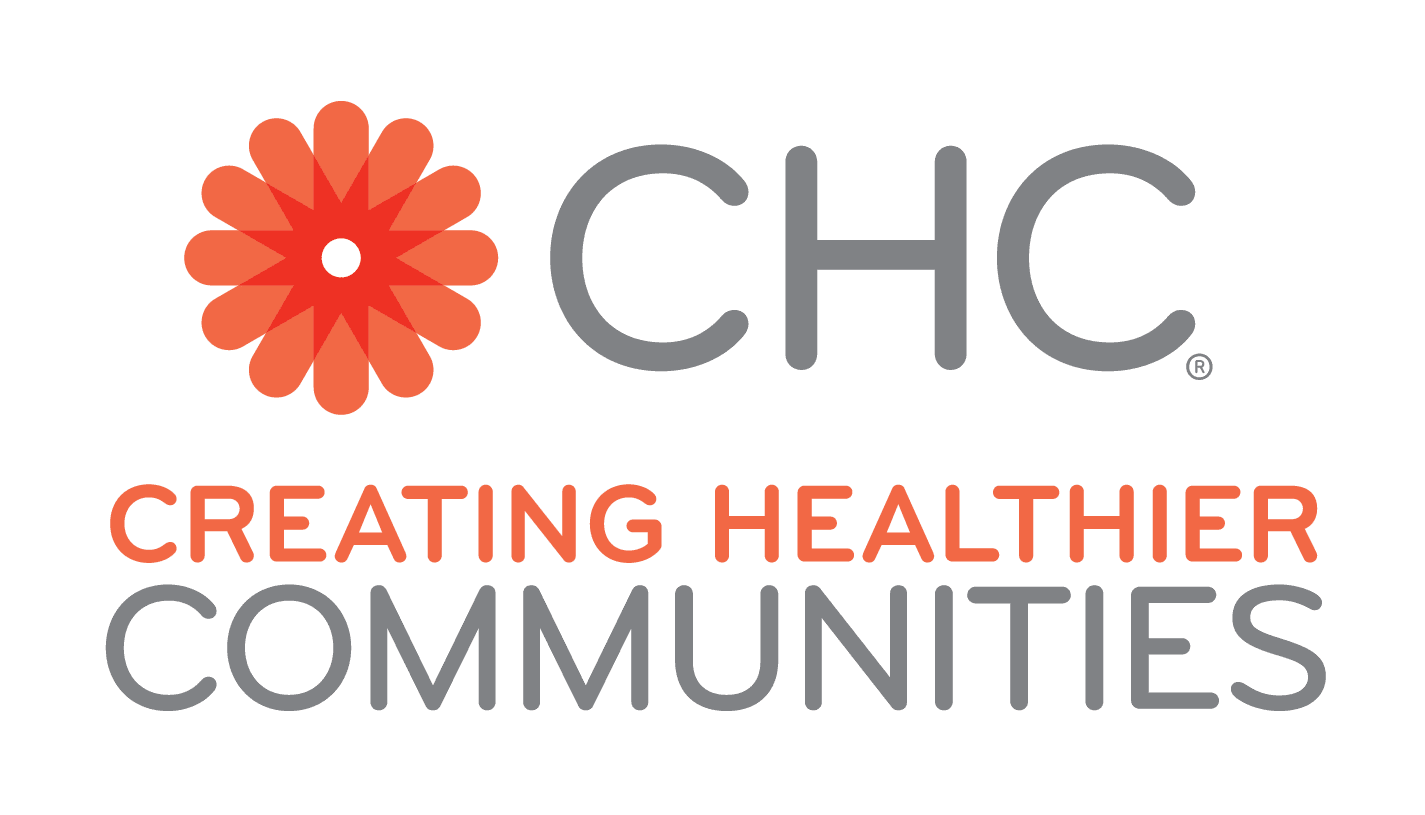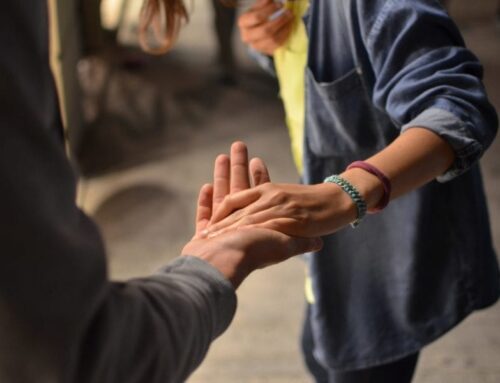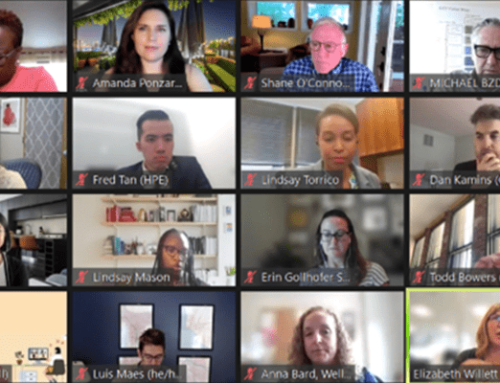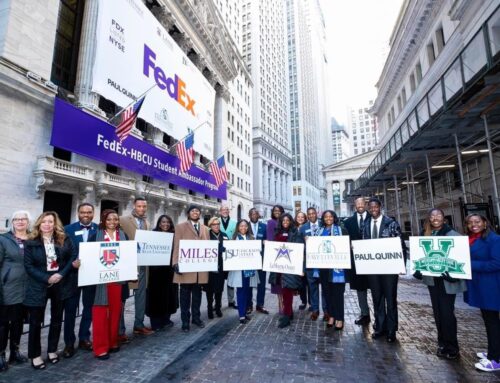Travel as a Driver of Job Opportunity and Empowerment for Youth: Stalled, But Not for Long
By: Niki Zoli, Consultant for AlphaSights and Third Bridge Group Limited
“Over the last decades, tourism has become one of the most dynamic and fastest growing economic sectors in the world…Tourism contributes to job creation both directly and indirectly, particularly for women and young people.”
– International Labor Organization Sectoral Brief, “The Impact of COVID-19 on the Tourism Sector,” May 2020
One of the first pieces of advice shared with me over a decade ago shortly after joining the Marriott International Social Impact team came directly from our Executive Chairman and Chairman of the Board, J.W. Marriott Jr.: “We hire friendly, train technical.” One of the company’s key core values, “serve our world,” was also inextricably linked to what I’ve always seen as Marriott and the wider travel and tourism (T&T) industry’s core purpose: providing opportunity.
Repeatedly over the years that I served the Social Impact team I saw how true this promise was, including in 2015 when the company opened up the Marriott Port-au-Prince Hotel in Haiti. It was in response to the devastating 2010 earthquake, and at the behest of Mr. Marriott, who knew that by virtue of opening up a hotel, we were helping to drive economic opportunity and recovery.
The Marriott Sustainability and Social Impact teams were significantly involved, at the most intense levels ever seen pre-opening, in ensuring that every possible aspect of the hotel helped to support opportunity and resilience for the local community. The Marriott Port-au-Prince Hotel created more than 1,100 jobs throughout the construction stage, and about 200 new hotel jobs. It also helped to uplift the local community through support for local nonprofit initiatives as well as countless local artisans and diverse suppliers.
Not long after, I took over managing the company’s portfolio of global social impact initiatives that supported workforce readiness for youth, including disadvantaged youth, specifically for jobs within the ever-growing hospitality industry. Like many a CSR practitioner before me and especially in the earlier days when there were fewer rules of the road, I learned fast, cut new paths, and worked to robustly engage relevant stakeholders for insights and collaboration, as well as in the spirit of inclusion.
Pre-Covid, there was growing talk across the hospitality industry of labor shortages in key markets, with a number of factors driving these shortfalls, including lack of awareness and training as well as stigmas, especially in countries with a history of servitude. Paradoxically, as of 2018, over 350 million young people aged 15-29 were “Opportunity Youth”– out of work, out of school or training, or in unstable and sometimes unsafe informal work. Put another way, per the International Labor Organization, as of early 2020 one-in-five young people were “not in employment, education or training,” leaving them at a much higher risk of poverty and exploitation.
Several years ago, a handful of CSR leaders, including myself, representing some of the largest hospitality companies in the world, attended a high-level convening of international funders interested in supporting youth employment. At that point surprisingly few of them understood that the T&T industry is one of the world’s largest employers. T&T provides a significant onramp to job opportunities for many, including disadvantaged youth. Many entry-level opportunities in T&T require only basic literacy, numeracy, and an ability to work well with customers and clients, and in some cases may not even require the ability to speak English. In 2019 the World Travel and Tourism Council (WTTC) declared that the T&T sector accounted for (directly and indirectly) some 330 million jobs worldwide, equivalent to 10.3 percent of total global employment and one in 10 jobs globally. In some regions, for example many island nations, T&T is the primary driver of their local economy.
With this in mind, and an understanding of shared value that supporting job opportunity and readiness could deliver to both our business and local communities, our Social Impact team worked to deepen and expand our youth partnerships nationally and globally, especially those tied to particular areas of business need and interest. For example, Bridges from School to Work supports workforce readiness for U.S. youth with disabilities, including in the hospitality industry, and the National Restaurant Association Educational Foundation’s ProStart program helps to prepare youth, primarily in the US, for culinary and restaurant management positions. Global programs like the Sustainable Hospitality Alliance youth employment program and the Global Travel and Tourism Partnership also help to introduce and prepare youth, including disadvantaged youth, for jobs in the T&T industry as well as address stigmas. In early 2020 we were in process expanding our efforts across all of these programs. Then, Covid hit and many in the industry this past year – myself included – lost their jobs.
One of the first things I thought of was the youth that I had met across these programs and how they would weather the storm. Thanks to the guidance of a number of heroic youth program leaders, these students were guided thought a number of “career lane changes” and in other cases online learning. Despite the devastation that T&T faced this past year, and given the numerous conversations I’ve had across the ecosystem, I continue to believe in the value of supporting workforce readiness programs and efforts for youth, including disadvantaged youth, interested in working in T&T.
Another opportunity late last year also solidified my resolve. I was asked to support a landmark report by The Aspen Institute and The Global Opportunity Youth Network, with funding support from the Conrad N. Hilton Foundation. This study, authored by Nilanj Desai and entitled “Global Opportunity Youth in the Travel and Tourism Sector: T&T’s Global Potential, Workforce Challenges, and the Impact of COVID-19,” explores the potential for the global T&T sector to provide opportunity youth with livelihood opportunities amid and beyond the pandemic. It also very carefully outlines where there have been challenges and how the various stakeholders within and beyond the industry – including foundations, governments and business partners – can more adeptly collaborate to support building back better, while keeping an eye on the local context and conditions for recovery in each market.
Sooner than you might expect, the jobs will begin to return. But take note, the labor shortages that were witnessed earlier within the T&T industry will be exacerbated by the mass exodus of workers during the pandemic to other fields such as retail, healthcare and government. S&P Global Ratings recently forecast that a solid recovery isn’t likely for the U.S. lodging industry until 2023. But there are already signs of regrowth, especially with the distribution of vaccines, and a need for talent to return to supporting T&T. As one U.S. general manager for a major hotel chain recently told me, “We are already struggling to find employees, especially for particular positions, as we start to reopen. We are concerned about what this looks like going forward.”
A thoughtful approach to support for these workforce readiness programs as travel resumes will broadly benefit economic development in our global communities, especially those most dependent upon T&T, and a pipeline of talent. Per the Aspen study, “A post-COVID global T&T sector likely has the potential to absorb millions of young people into productive jobs with the possibility of real career advancement or rewarding entrepreneurial opportunities with promising earning potential. Young people around the world have tremendous potential to not only contribute to a recovery for T&T and the global economy, but also to support their families, contribute to their communities, and be proud of themselves.”

Niki Zoli, Consultant for AlphaSights and Third Bridge Group Limited
Niki Zoli is the former Director of Social Impact at Marriott International, Inc. While at Marriott Niki managed a portfolio of global and national social impact programs and initiatives, primarily in the youth employment, disaster response, resiliency and headquarters-area community engagement space. She also oversaw Marriott’s expanded annual sustainability reporting to key stakeholders, including investors. In addition, she helped lead several of the company’s signature environmental conservation partnerships, including the Nobility of Nature program in China to support freshwater preservation, and the Amazonas Sustainable Foundation’s Juma project to help protect 1.4 million acres of Amazon rainforest in Brazil.
More recently, she has joined on as a sustainability and social impact consultant for two of the largest and fastest-growing global research and insights organizations, AlphaSights and Third Bridge Group Limited. Niki also continues to advise and support global youth workforce readiness programs and is collaborating with World Central Kitchen, ReFED and World Wildlife Fund as they develop COVID-19 and post-COVID-19 era programs to ensure better access to more sustainable, nutritious food for those in need. She continues to speak regularly about sustainability and social impact and its value to audiences nationally and globally.
Prior to joining Marriott in 2007, Niki worked with other socially responsible companies and organizations including Whole Foods Market, Honest Tea, and the Discovery Channel Global Education Partnership (now known as Impact(Ed)).
She is currently advisor to the board of Nilus, a global organization that has developed technology to rescue food products that are at risk of being wasted from producers and retailers, and is an advisor to the board of Global Travel and Tourism Partnership, a global nonprofit that helps to introduce hundreds of thousands of secondary and post-secondary students annually to the travel and tourism industry and related opportunities.
Niki received her undergraduate degree in journalism with a specialization in public relations from the University of Texas at Austin, her master’s in public communications from American University, and studied at the School of English and American Studies at the University of East Anglia in Norwich, England.







